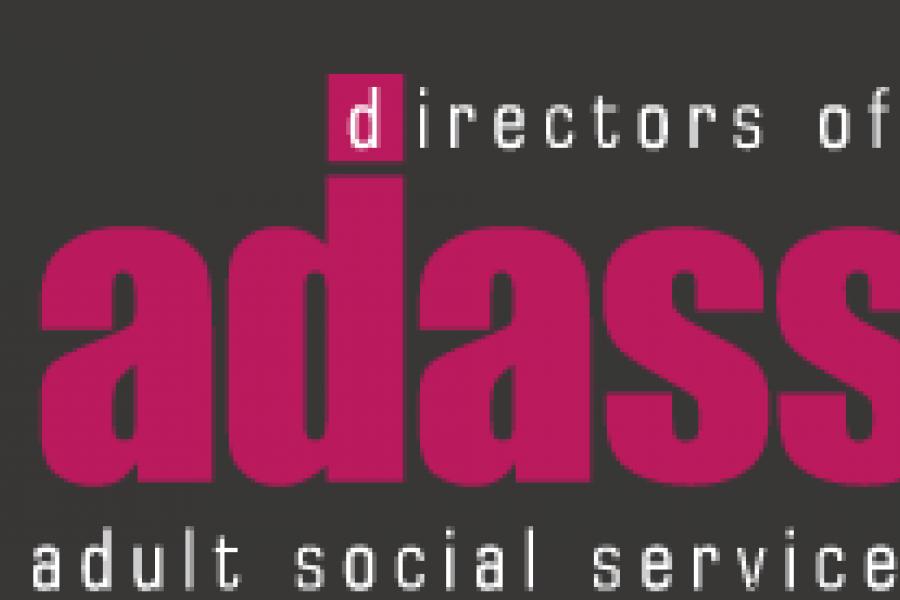12 May 2016
Autumn Statement 2016: outcomes and responses


Autumn Statement Headline Analysis
The Autumn Statement 2016, delivered by Chancellor Phillip Hammond on 23 November, made no reference to social care, despite attempts from across the sector to make heard the drastic need for funding and the heightening risk to the livelihoods of those living with disabilities.
Commenters across the sector have stated their concern, exposing the government’s continued oversight of the care crisis and disregard for the increasing challenges faced by social care providers and disability organisations.
The King's Fund response
Richard Murray, Director of Policy for The King's Fund, comments on the Autumn Statement 2016.
ADASS response
Ray James, Immediate Past President of the Association of Directors of Adult Social Services, responds to the Autumn Statement and implications for the sector.
@RayJames
How can an Autumn Statement in the midst of an unprecedented financial crisis in social care ignore every respected voice across the sector
We called for...
Ahead of the Statement, VODG joined forces with other voices in the sector and called for at least £1 billion to plug the funding gap.
In our representation to the Treasury we argued that a sustainable funding settlement for the sector will enable disability organisations to invest in people – to further build careers in the sector, to recruit and retain the right staff and to pay the workforce at a rate that recognises the value of the work they do in society.
We made specific reference to the un-funded national living wage; while we welcomed it’s introduction, government’s failure to provide additional resources to pay for the national living wage squeezed providers further.
We outlined that without additional funding the rights of disabled people are undermined.

We received….
The sector’s call for funding was overlooked, with no reference to the sector in the government’s budget planning. A commitment of £10 billion to the NHS was announced, however this resource that has already been allocated, and is not additional.
The pressures and challenges faced by providers continue to increase.
- Phillip Hammond announced an increase in the national living wage from the current £7.20 to £7.50 from April 2017: again, while the sector welcome this, these costs are unfunded.
- He announced corporation tax reductions; reductions that are not applicable to voluntary organisations.
- The ‘Brexit blackhole’ of £122 billion will place additional pressure on public services, with the next five years predicted to get even harder.
That said, the Chancellor stated the government’s commitment to not reduce welfare spending any further. In theory, then, this should equate to a freeze on public spending cuts. In addition he:
- Committed £2.3 billion investment in building affordable homes, bringing increased capacity and flexibility for housing associations.
- Promised to invest in improving transport systems – important for disabled and older people who often depend on public transport. If transport systems are adapted appropriately, this is something to be welcomed.
Autumn Statement: the impact of Brexit
The Government is set to borrow £122bn more by 2020-21 than projected at the time of the March Budget. And the Office for Budget Responsibility has broken down the various contributions to...
@JosephRowntree Fdn
We need an industrial strategy to help boost #productivity in low-pay sectors #autumnstatement https://t.co/MF57HeJjhG
@DavidBrindle
You've really torn it now, Chancellor. Am obliged to break Twitter silence over snub to social care today. Beware roosting chickens.
Further analysis
The Autumn Statement outlined a number of additional plans that will impact providers and those they are supporting.
- Department spending plans to remain in place: This could compromise the implementation of policy, e.g. the Care Act, and the sector’s ability to influence given a smaller and stretched civil service.
- Devolution plans to continue: The continuation of devolution plans, placing greater responsibility with local authorities, is likely to have an impact on commissioning behaviours and contracts with providers. There is a high risk of disadvantaging deprived areas, with detrimental implications for providers in these areas, and highly concerning implications for those requiring care and support. This is especially concerning considering the demand for social care is higher in poorer areas.
- Changes to employee and employer national insurance thresholds, insurance tax premium tax and salary sacrifice schemes: From April 2017 employee and employer National Insurance thresholds will be aligned at £157 per week; for some social care providers and disability organisations, this could mean an additional annual cost of £7.18 per employee. In addition, insurance premium tax is due to rise from 10% to 12%, and there will no longer be tax relief for some salary sacrifice schemes.
NCVO response
NCVO outline the implications of the Autumn Statement for charities
LGA response
Chairman of the Local Government Association's Community Wellbeing Board, Cllr Izzi Seccombe, responds to the Autumn Statement.
JRF response
Ashwin Kumar, Chief Economist at the Joseph Rowntree Foundation provides a response to the statement.
Read the Autumn Statement in full

Autumn Statement 2016
The Autumn Statement is available in full alongside all supporting and related documents.















